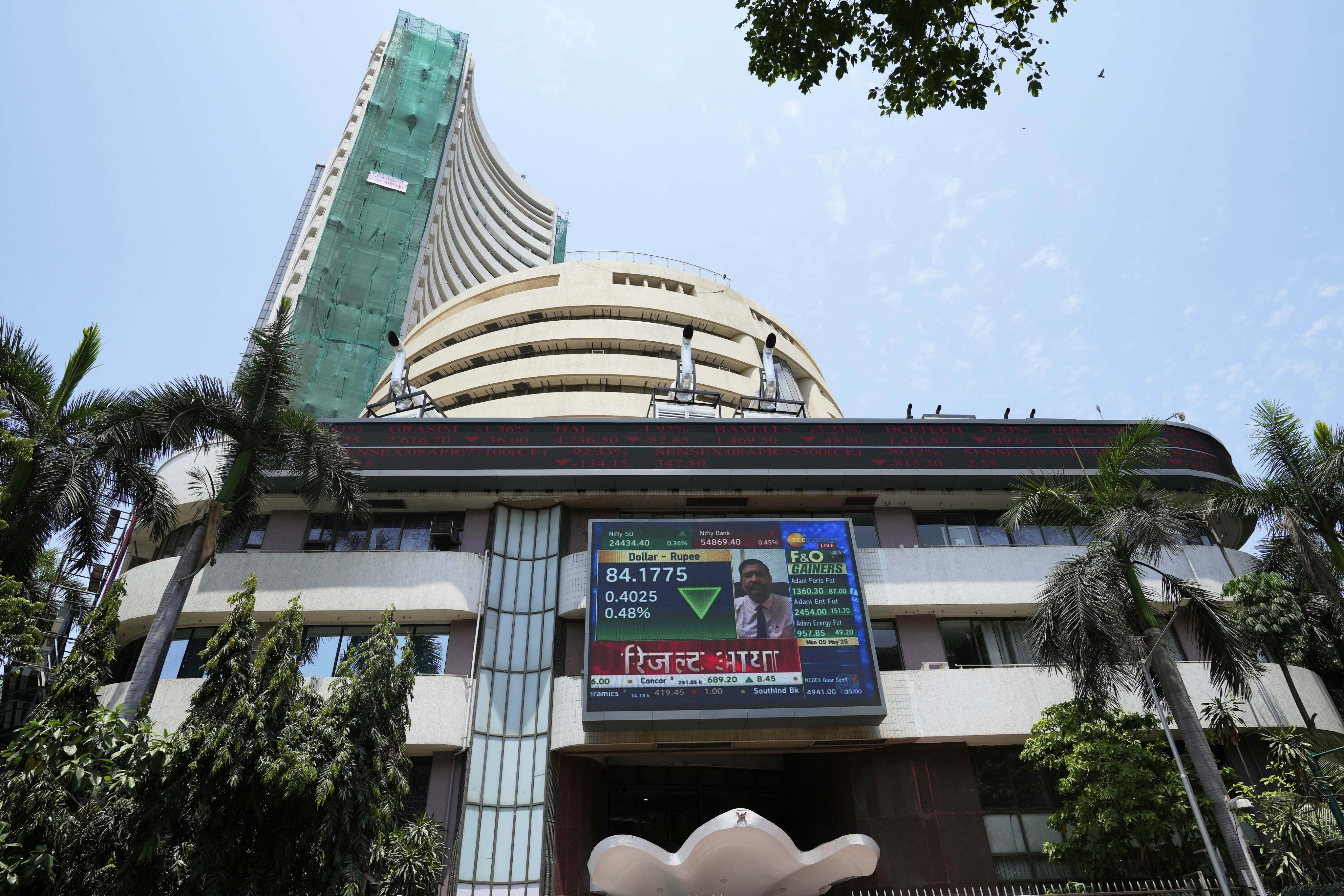India’s stock market rated above Japan and China by more fund managers: survey
Fund managers are confident that India will benefit more from the US-China trade war, according to the Bank of America Securities survey

India has emerged as the top stock market pick in Asia by wealth fund managers, who view the country as a potential beneficiary of global supply chain shifts driven by US-China trade tensions, despite its unresolved trade talks with Washington and ongoing frictions with Pakistan.
About 42 per cent of fund managers have an overweight position on Indian equities, ahead of Japan at 39 per cent and China at just 6 per cent, according to a survey released by Bank of America Securities on May 13.
The report gathered insights from 109 panellists managing a combined US$234 billion in assets, who responded to questions by the bank between May 2 and May 8, before the temporary truce reached in the trade war between China and the United States last week.
The world’s two largest economies have agreed to significantly reduce tariffs on their respective exports to each other, easing trade tensions after weeks of escalating levies from both sides had cast a pall on the global economic outlook.
While the impact on investor sentiment remains uncertain, India’s strategic advantage has steadily increased since the US-China trade war began in 2017 under President Donald Trump, according to the report.
“India emerges as the most favoured market, perceived as a likely beneficiary of the supply chain realignments following the effects of tariffs,” the report said, citing Bank of America strategists.
The report found that infrastructure and consumption trends in India were driving the investment strategies of wealth managers.

India is viewed by some analysts as a safer investment destination compared with China due to its relatively stronger reliance on domestic consumption than exports, which shields it from global trade volatility.
Overseas investors have shown growing confidence in the South Asian economy having become net buyers – purchasing more stocks than they are selling – since mid-April, with a net US$345 million channeled to Indian stocks as of April 24, according to Bloomberg.
“India is in a better position than many, not least China, from [withstanding] the global tariff shock,” wrote Hussain Selani, head of India investments at Barclays credit team in a separate report released on May 2.
“The domestic Nifty 50 index generates a high proportion of its revenues locally than many overseas peers,” he said. “With global growth likely to slow following a barrage of US tariffs in April, India’s economic growth prospects remain encouraging.”
The bellwether index fell last month following a military clash between India and Pakistan but it has rebounded strongly after the two neighbours agreed to a ceasefire on May 10.
Push for stability
Venugopal Garre, head of research for India at asset management firm Sanford C Bernstein, said geopolitical tensions in South Asia were unlikely to derail the Indian stock market’s growth trajectory.
India’s push to strengthen trade relations with the UK and the US could help mitigate geopolitical risks in its neighbourhood, according to analysts.

India and the UK signed a long-coveted trade agreement earlier this month after three years of stop-start negotiations, with both sides aiming to increase their two-way trade by at least US$34 billion by 2040. Under the deal, India will slash tariffs on several UK imports in several sectors that are traditionally protected by New Delhi, such as automobiles and whiskey.
A trade deal between India and the US is still being discussed. Indian Commerce Minister Piyush Goyal is scheduled to hold trade talks with his counterpart Howard Lutnick in Washington on Tuesday, with tariffs set to be a key topic. The US has imposed a 27 per cent tariff on all Indian exports initially before reducing it to a baseline 10 per cent levy, with the remaining 17 per cent “reciprocal tariff” on pause until July.
Local media reports indicate Delhi has proposed lowering the average tariff difference between both countries to under 4 per cent from 13 per cent, in a gesture seen as a bid to break the stalemate in the bilateral trade talks.
However, Washington’s trade reset with Beijing might have an impact on investor sentiment in New Delhi. If the US and China were to reach a favourable trade deal, it could undermine India’s ambition to become a major manufacturing hub and divert investment funds back to China, according to analysts.
Last month, Apple announced it would move most of its production operations of US-bound iPhones from China to India. The move has displeased Trump, who told the US tech giant’s CEO Tim Cook last week to stop building plants in India because it was “one of the highest tariff nations in the world”.
India later received another boost on the tech front when Taiwan-based Foxconn, the main manufacturer of Apple’s iPhones, said on Monday that it would inject US$1.5 billion into its India unit.
Additional reporting by Bloomberg